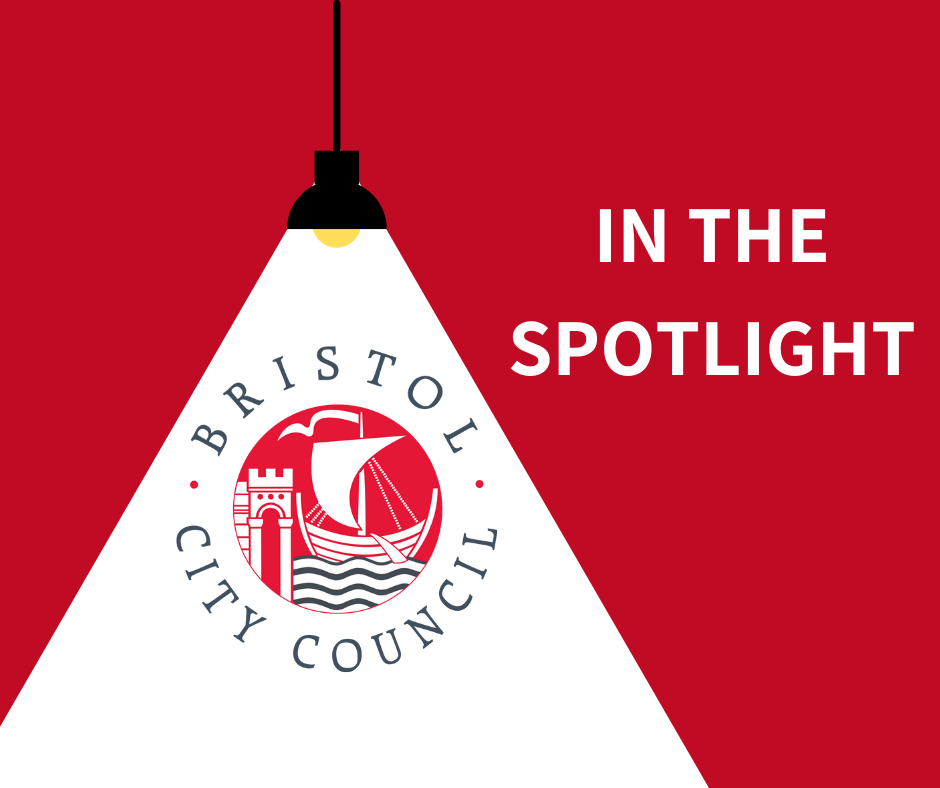The Foundation Fund works closely with seven schools across the local area that have high levels of disadvantaged children on their registers. Through working with delivery partners, the Foundation Fund provides children with additional support with foundational reading, writing, oracy, and mathematics, as well as emotional and behavioural support. Our ‘In the spotlight’ series shines a light on the delivery partners who support our vision to improve children’s lives. This month, we sat down with Ed Harker from Brighter Futures.
Can you tell me a bit about Brighter Futures?
Brighter Futures provides specialist emotional and behavioural support to children across Bath and North East Somerset. We do this through a mixture of bespoke services including Education Psychology, assessments, therapeutic interventions, leadership consultation, counselling, staff supervision, Thrive Approach training and support for schools, nurseries, and other organisations.
Last year we were appointed as one of the Foundation Fund’s delivery partners with a focus on improving emotional and behavioural outcomes for vulnerable and disadvantaged children. Since then, we have had a presence in all seven schools for at least one and a half days a week, helping to tackle any immediate concerns and working on building long-term capacity.
How has the pandemic affected the way you work with children and schools?
During the lockdowns we had to be as flexible as possible in the ways we work with schools, moving online where appropriate and creating activity packs to be shared at home, but trying wherever possible to maintain direct contact with the children and staff we work with.
The longer-term impact of the lockdowns is now becoming apparent through the rising emotional, behavioural, and speech and language needs of the children. This impact is disproportionately affecting children from vulnerable and disadvantaged families.
The pandemic also continues to affect staff who are off sick due to Covid or related illnesses, and it’s proving incredibly challenging for schools to secure the staff cover they need; senior leaders are often having to cover lessons. It’s now more difficult to recruit Teaching Assistants and Learning Support Assistants: jobs which are crucial in providing front line 1-1 support for vulnerable children. All these factors are increasing workloads for everyone, putting a big strain on the whole school system.
The Foundation Fund’s work has started at a time when schools most need this support and we’re making sure we adapt our services to meet their developing needs.
How are you working with schools supported through the Foundation Fund?
We worked with the seven schools to create a core offer that’s consistent across all schools, but flexible enough to meet their very different needs.
Our core offer is a blend of several approaches; consultancy from a Brighter Future Co-ordinator, working closely with the school’s senior leaders on short, medium and long-term strategies for emotional and behavioural development; a Thrive Practitioner working with individual children or groups; an enhanced educational psychologist offer, enabling schools to use EP expertise to address issues they wouldn’t be usually be able to tackle due to a lack of capacity; relevant professional development; and weekly forest school group sessions. These outdoor sessions have been particularly popular as children respond well to being in a different environment using different learning techniques.
The Thrive approach is at the heart of much of our work and is used in most BaNES schools. It’s based on neuroscience, attachment theory and child development and helps us to profile children and classes and create action plans to work with them to best support their social and emotional wellbeing.
What are your key objectives/ what are you trying to achieve by working with the Foundation Fund?
Our overall goal is to help improve emotional and behavioural outcomes for disadvantaged children across the seven schools. This can be measured in a variety of ways, including rates of exclusions, and attendance levels.
As well as improving children’s immediate outcomes, we want to help build the schools’ overall capacity, so they have the infrastructure in place to be able to effectively support emotional and behavioural development beyond the Foundation Fund support. We are actively looking for ways to build and share good practice across the schools, creating a supportive network for this type of work.



